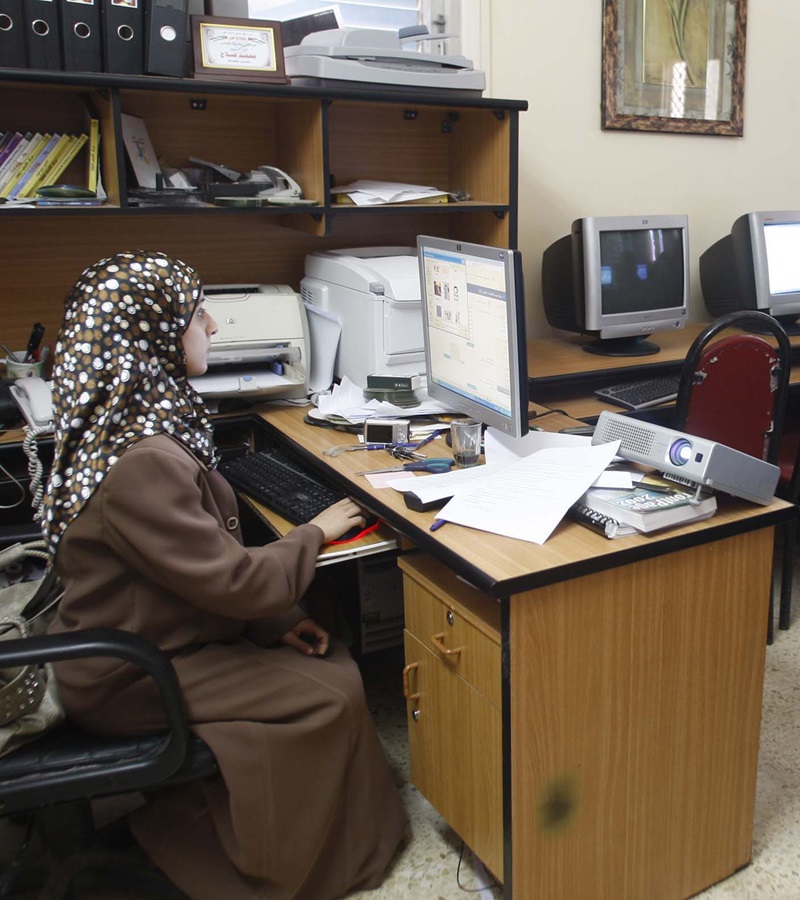Contact us: digitalwages@ilo.org

Wage protection systems and programmes in the GCC
This paper is an assessment of the limitations of the electronic Wage Protection System (WPS) introduced in four of the six Gulf Cooperation Council (GCC) states. The widespread practice of withholding wages has led to the GCC states introducing a wage protection system where employers are required to make the payments to employees into their bank accounts to ensure an official record of payments that can be monitored. Relevant government authorities, with the cooperation of WPS banks, can monitor and take action against non-compliant employers in relation to wage payments.
- Date: 11/10/2017
- Sector: Any
- Topics: Digital technology, Workers' rights
- Regions: Arab States
- Resource type: Publications from partners
- Institutions: Gulf Research Center
